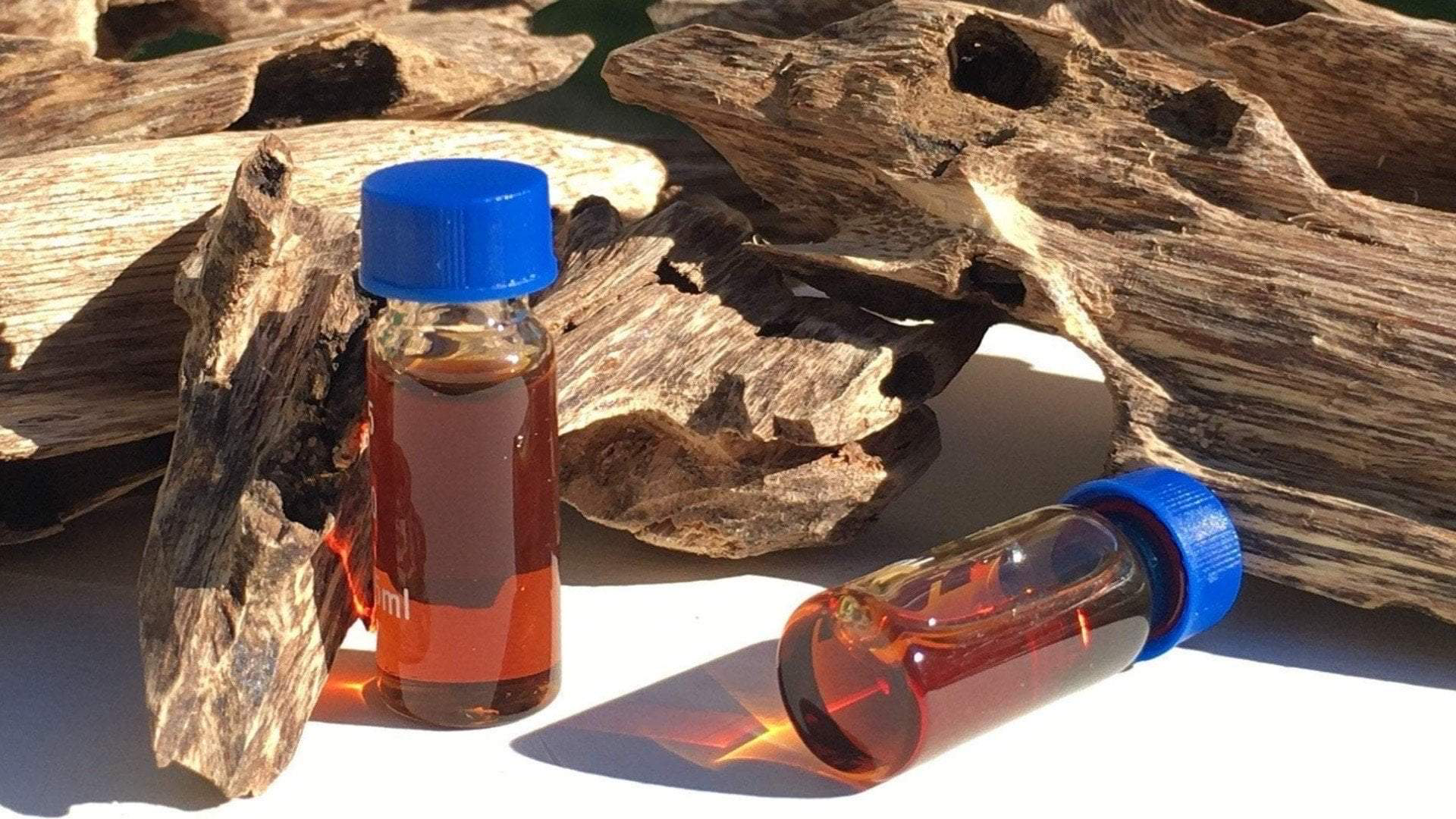Unveiling the World of Terpenes:
Welcome to the enchanting world of terpenes! These natural compounds, ubiquitous in the plant kingdom, are not just the bearers of delightful fragrances but also play pivotal roles in plant ecology and offer numerous benefits to humans. In this blog post, we’ll dive into the essence of terpenes, explore their types, roles in nature, and their applications in various industries.
What are Terpenes?
Terpenes are a large and diverse class of organic compounds produced by a variety of plants, and some insects. They are the primary constituents of essential oils derived from plants and flowers, responsible for giving each plant its unique scent. Structurally, terpenes are hydrocarbons, and modifications of these basic structures result in the creation of terpenoids.

Types of Terpenes
Terpenes are classified based on the number of isoprene units in their structure:
- Monoterpenes (C10): These are the simplest type, found in oils of citrus, eucalyptus, and many other plants. Examples include limonene and myrcene.
- Sesquiterpenes (C15): More complex, these are found in things like ginger, cedarwood, and chamomile. Examples include caryophyllene and farnesene.
- Diterpenes (C20), Triterpenes (C30), and beyond: These larger molecules are less volatile and are found in resins and waxes of plants.
Roles in Nature
In nature, terpenes serve several critical functions:
- Defense Mechanisms: Terpenes can repel herbivores and attract the predators or parasites of these herbivores.
- Pollination Aid: The aromatic properties of terpenes attract pollinators.
- Stress Response: They play a role in helping plants recover from damage and in environmental adaptation.
Human Uses and Benefits
- Aromatherapy and Cosmetics: Terpenes are widely used in perfumes, lotions, and essential oils for their aromatic properties.
- Flavor Industry: They are used to add flavor to food and beverages.
- Medicinal Properties: Some terpenes have therapeutic properties, showing potential in treating pain, inflammation, depression, anxiety, and bacterial infections.
- Industrial Uses: Terpenes are used in making resins, organic solvents, and as natural pesticides.



